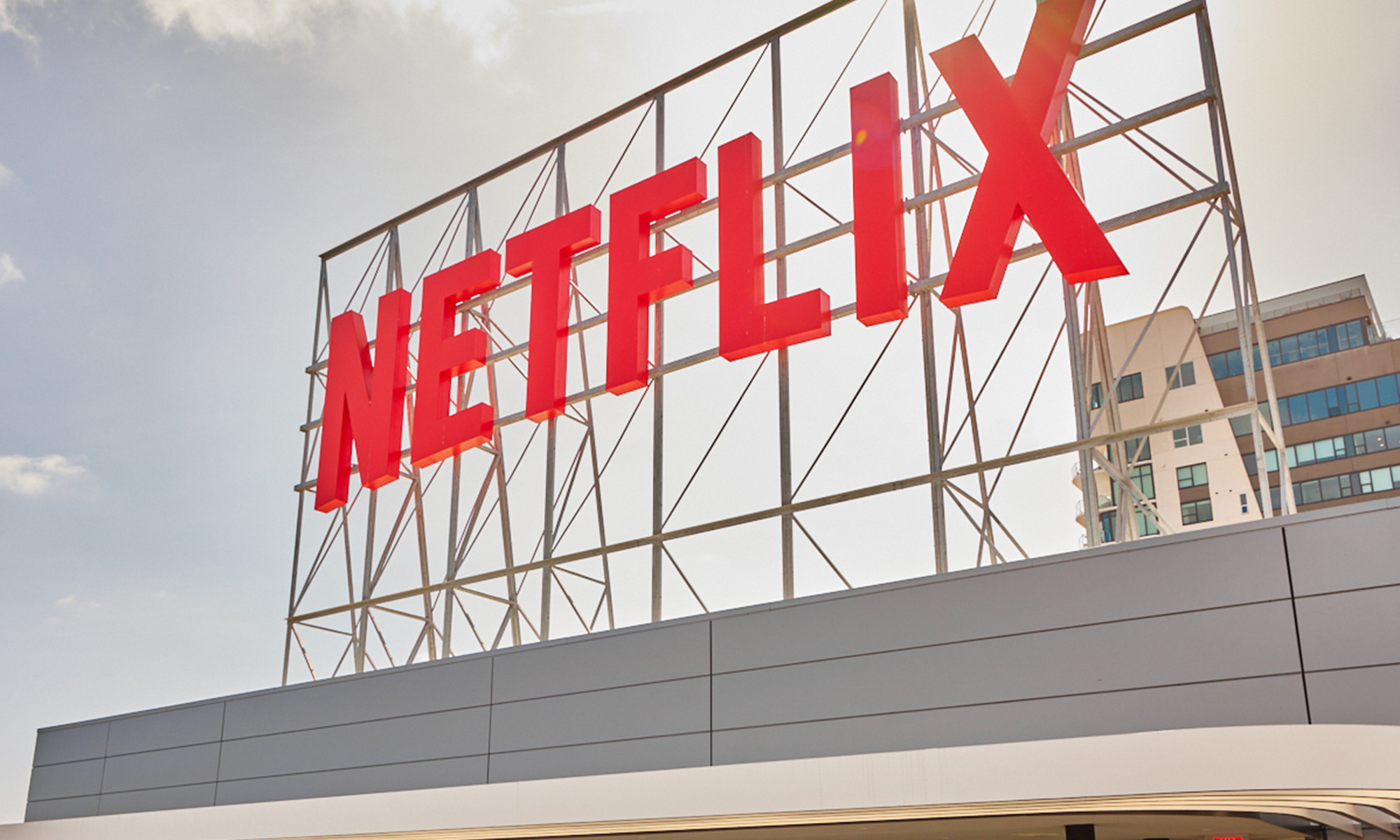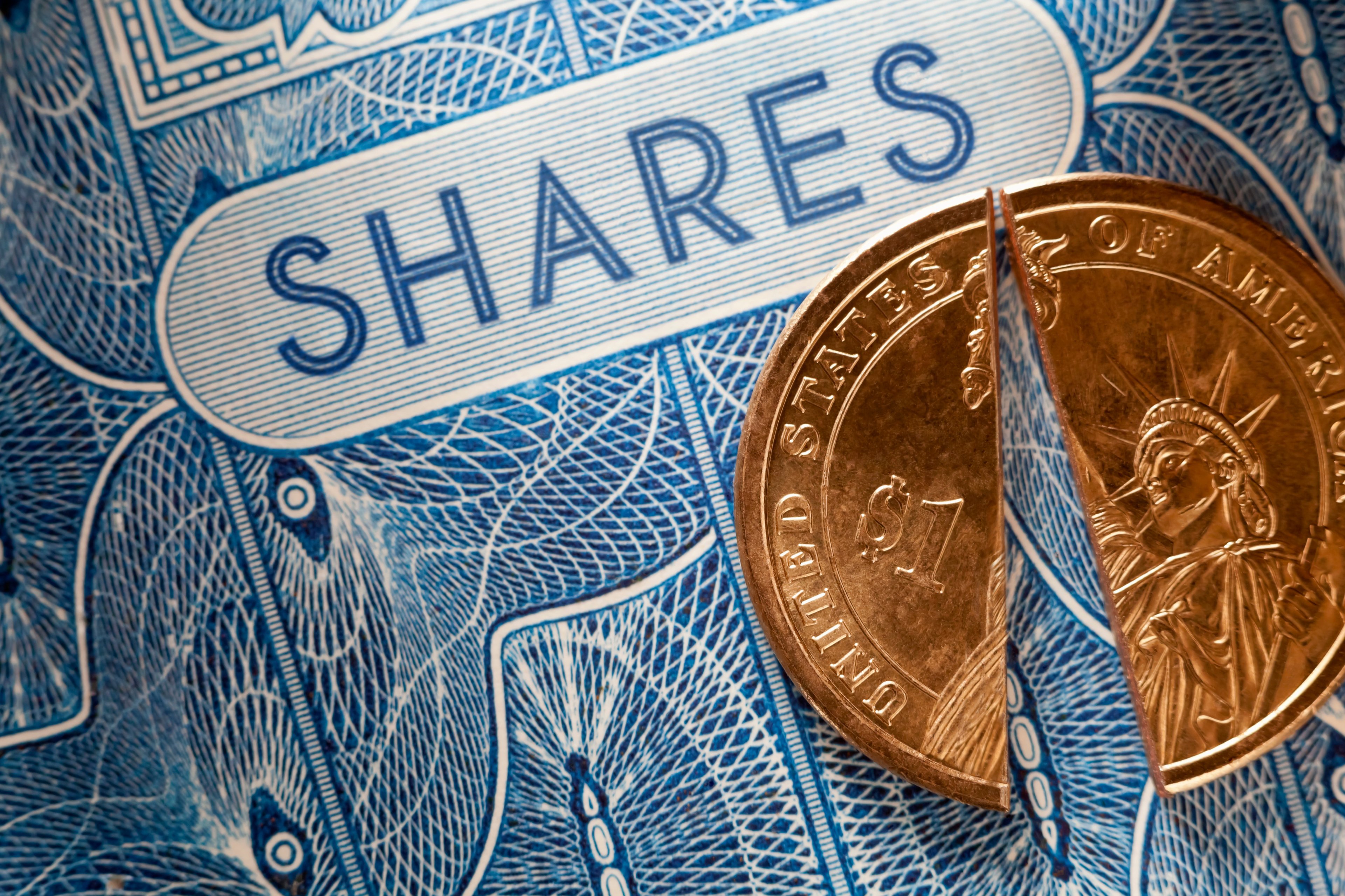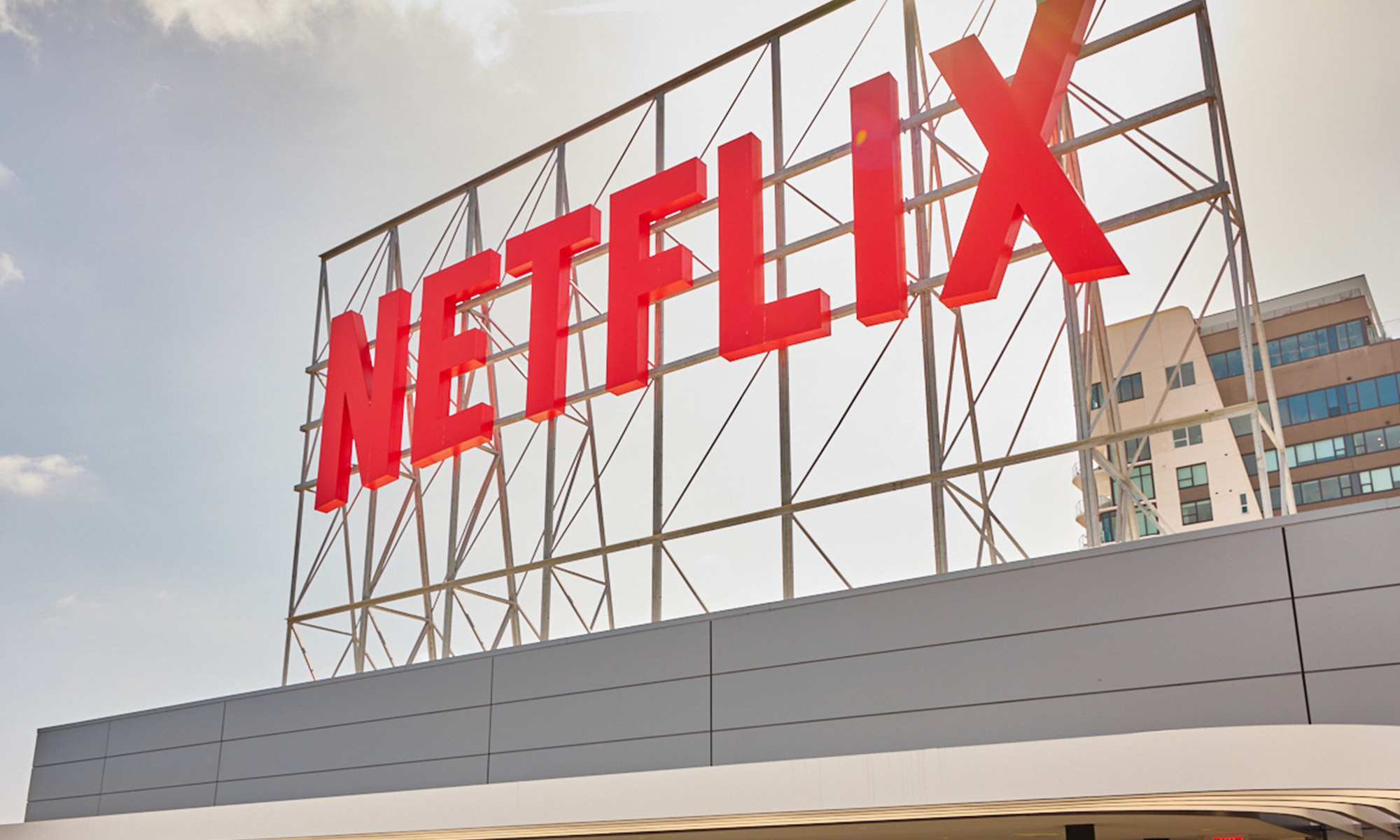
On Thursday, I talked about how Netflix (NFLX +0.23%) bulls often overstate their cases. Many bulls seem to forget that Netflix's earnings are much lower today than was the case just two years ago. Others make the tenuous assumption that domestic streaming margins will keep expanding at a rapid pace indefinitely.
That said, Netflix bears have made their fair share of dubious arguments. They jump on tidbits that seem especially dire but are not all that significant. Here are two such flimsy arguments that bears frequently like to put forward.
Are content obligations really exploding?
Prominent Netflix bear Rocco Pendola has frequently pointed to Netflix's rising content obligations as a ticking time bomb. Earlier this month, he wrote, "Off-balance sheet obligations, now at $6.5 billion, have outpaced revenue by a margin of more than 5-to-1 over the last 2.5-to-3 years. Off-balance sheet debt is up 550% over 2.5 years, while revenue is up 106% over the last three."
That sounds pretty bad! Indeed, Netflix's streaming content obligations were estimated at $6.37 billion at the end of Q2 and "other purchase obligations" were $166 million. However, while the streaming obligation sounds like a big number, Netflix already spends about $2.5 billion annually on streaming content. $6.37 billion therefore represents at most 2.5 years of future content.
Moreover, while content obligations have grown much faster than revenue since 2010, there's a good reason for that. Three years ago, streaming was a small "side-project" for Netflix. Indeed, Netflix first launched the "streaming-only" plan in late 2010. In other words, Netflix's business model has completely changed in the past three years, from primarily offering DVDs-by-mail to primarily offering an unlimited streaming plan.
That change directly caused streaming content costs to rise precipitously. Or, to put it another way, while streaming content costs have risen dramatically in the past three years, streaming revenue has gone from essentially zero to more than $800 million per quarter in that time. Thus, while Netflix investors should keep a careful eye on the growth of content obligations, this issue isn't nearly as worrisome as some bears claim.
Does direct ownership matter?
Other bears denigrate Netflix's original content by pointing out that Netflix doesn't really "own" the shows. This is true, on its face. Netflix has an exclusive window when its original shows can't be shown on other TV networks, but other companies produce the content for Netflix and therefore own it.
However, the exclusive first-run rights are the most important thing in terms of driving viewership. Far more people are going to watch a show when it is fresh than as a "rerun" five or 10 years later.
Moreover, this is a very common arrangement in the TV industry. While some TV networks like Time Warner's (TWX +0.00%) HBO produce almost all of their content, most networks rely on other content producers to some extent.
For example, while CBS (CBS +0.00%) "owns" much of its content through its in-house production unit -- including the popular CSI and NCIS franchises -- it also licenses shows that other companies produce and "own". In fact, Time Warner's Warner Brothers Television division produces most of the CBS comedy lineup, and several of the network's dramas.
These arrangements have not stopped CBS from being highly successful (and highly profitable). Thus, while bears are correct when they point out that Netflix does not own its original content, the dire consequences they predict do not necessarily follow.
Foolish bottom line
Part of the reason Netflix is such a highly contested stock is that bulls and bears often end up talking past one another. Given the history of overblown rhetoric on the bullish and bearish sides, investors should be wary of strident supporters of either side. Things are probably not as good as ardent bulls believe, but neither is Netflix "doomed" as many bears like to claim.






